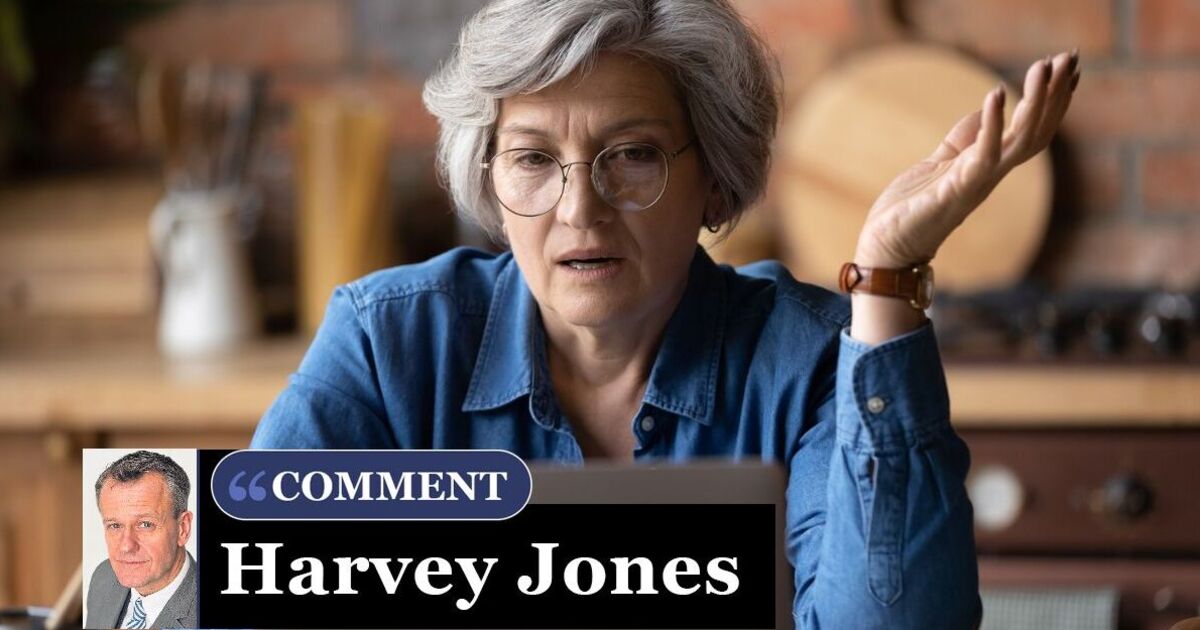
Many retirees on the old basic state pension are feeling hard done by as they believe the new state pension offers younger pensioners a better deal. So what’s going on?
Today, there are two state pensions.
Anybody who retired before April 6, 2016, gets the old basic state pension. The new state pension applies to those retiring from that date.
There has always been a gap between how much the two pensions pay. That was baked in, right from the start.
On April 6, 2016, the basic state pension paid £6,203.60 a year for those who got the maximum amount. That same year, the full new state pension paid £8,093.80.
In other words, the new state pension paid £1,890.20 more.
Which seems unfair, at first glance. So why did the coalition government, which built the new system, do such a strange thing?
The new state pension was designed to be simpler, in contrast to the basic state pension, which was topped by two types of additional state pension.
These are the state earnings-related pension scheme (Serps) and additional state pension (S2P).
Many on the basic state pension actually got a lot more than £6,203.60 a year once additional state pension was added. Provided they had made sufficient national insurance (NI) contributions during their working lifetime.
Men actually do better on the basic state pension , by and large, than the new one.
But others fall well short. Especially older women.
Women often get a pittance on the basic state pension, because they stopped work to raise families and therefore paid less NI.
Many were dependent on their husband’s state pension, leaving them in a mess if he died or they got divorced.
Women do a lot better under the new state pension, which is a definite plus.
But men and women who only get the basic state pension, with no additional state pension on top, feel poorly treated.
Especially since the gap between the old and new schemes rises every year and will continue to do so.
I get a lot of letters on this subject. I’ve just had a polite missive from a man called Richard, who says older pensioners are being treated like second-class citizens.
He pointed out that gap between the full basic and new state pensions was just £36.35 a week in 2016.
Eight years later, it’s widened to £51.70. That’s a difference of £15.35 a week. Richard understandably asks: “Where is the fairness in that?”
Good question.
It’s all down to the triple lock, which applies to both the basic and new state pension. This means they both rise each year by either earnings, inflation or 2.5%, whichever is highest.
There’s a problem, though.
The new state pension began from a higher starting point. So although the annual percentage increase is the same, what pensioners get in their bank accounts is very different.
Those on the basic state pension feel more aggrieved by the year. For exampley, next April the new state pension will rise by £461, but the old one by just £353.
The gap has widened by another £108 to £2,688.40.
Serps and S2P rise every year, too, helping those on the basic state pension. But in a cruel twist, they don’t benefit from the triple lock. They only rise in line with inflation.
So in years when earnings are higher, or inflation is below 2.5%, additional state pension will fall behind, too.
The DWP says the vast majority on the basic state pension get extra income from the additional state pension or if they contracted out, extra occupational or private pension. Many get a combination of the two.
That’s a fair point. So not everybody on the basic state pension is unhappy. Many are doing better out of the system.
But many aren’t, and reader Richard is right. They’re going to feel a little more like second class citizens every year.
The Tories had no intention of changing the system, and nor will Labour’s Rachel Reeves. That would only create a new set of winners and losers. It looks like we’re stuck with it, I’m afraid.

















